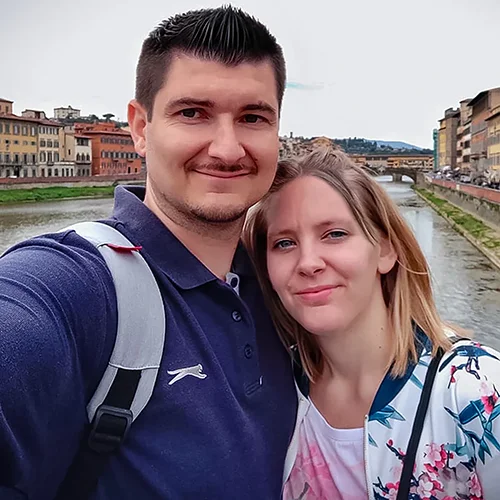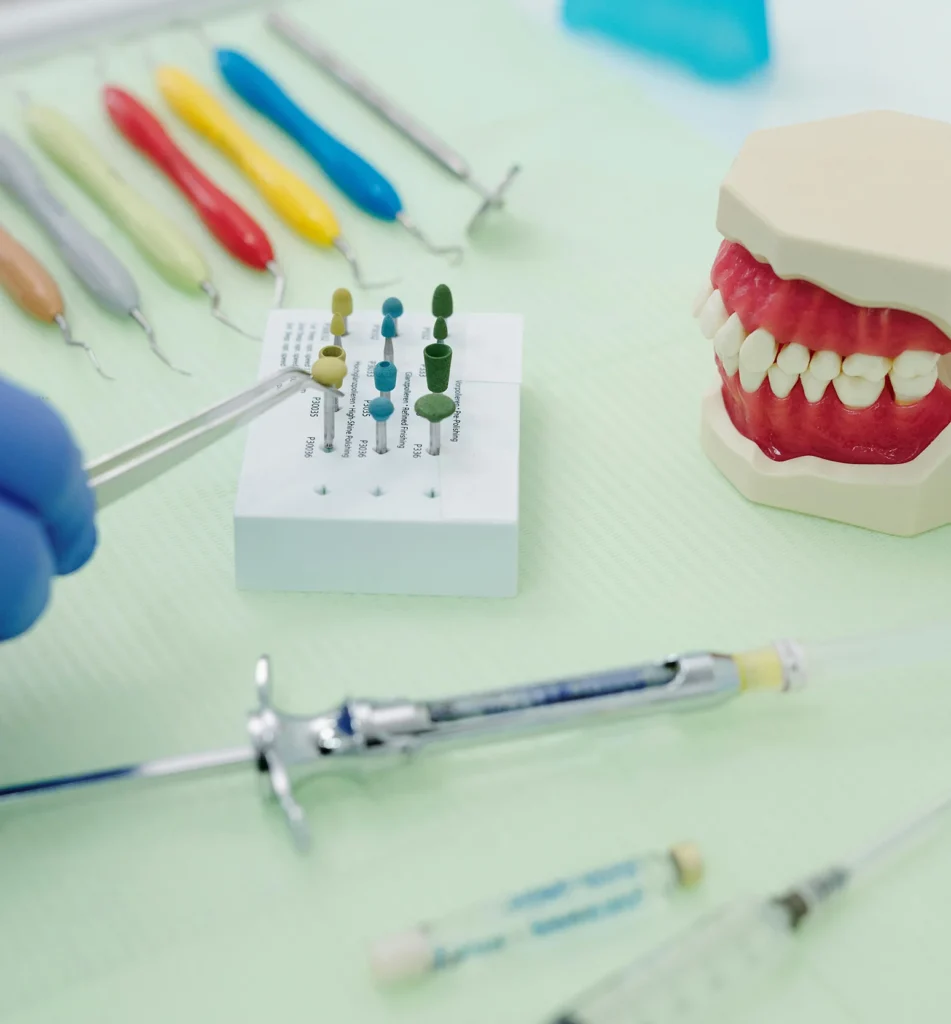Health care system in Spain
Health care system in Spain
Health care system in Spain
Health care system in Spain
14. August 2024
Feedback: 0
If you’re living in or planning to move to Spain, it’s essential to understand the country’s healthcare system. Spain offers high-quality healthcare, much of which is either free or very affordable. But how does it work in practice? Here’s everything you need to know about the Spanish healthcare system, from doctor visits to emergency care.
The Healthcare System
Spain’s healthcare system is composed of two main components:
◉ The Public Healthcare System: Most Spaniards and many expats use the public healthcare system, which is free for all legal residents. It’s tax-funded and covers a wide range of services, including doctor visits, hospital stays, and emergency care. If you’re working in Spain, you’re automatically contributing to this system, which also applies to freelancers and retirees.
◉ The Private Healthcare System: Alongside the public system, there’s also a private healthcare system, often used to reduce wait times or access specific treatments. Private health insurance is common and provides access to private clinics and hospitals, where waiting times are typically shorter and more comfort is offered. Many people choose to use both systems depending on their needs and financial situation.
How Do I Book a Doctor’s Appointment?
If you’re part of the public system, you’ll generally need to register at your local health center (Centro de Salud). Once registered, you’ll receive a health card (Tarjeta Sanitaria), which grants you access to medical services. To make an appointment with your general practitioner (Médico de Cabecera), you can either visit the health center in person, call to book an appointment, or use an online booking system. GPs are typically the first point of contact, and they can refer you to a specialist if needed.
🌸 Important to Know 🌸
Waiting times for specialist appointments in the public system can be long, depending on your region and the type of care needed. For non-urgent check-ups, it’s a good idea to plan ahead and book early. In the private system, processes are usually quicker and easier. You can book a specialist appointment directly without needing a referral from a GP. Many private clinics offer online booking and multilingual services, making it easier for expats to find the right care.
What Happens in an Emergency?
Emergencies are taken seriously in Spain, and depending on the severity of the situation, you have a few options. You can go directly to the emergency department (Urgencias) at a public hospital. Treatment there is free if you’re covered by the public system. Emergency rooms are open 24/7, but keep in mind that wait times can vary based on the urgency of your case. If you’re unable to get to the hospital yourself, Spain’s emergency services are well-organized and quick to respond. The emergency number for an ambulance is 112, the standard EU emergency number. While the staff usually speak Spanish, they often speak English in tourist areas or if needed. If you have private insurance, some providers offer their own emergency numbers and services, which might respond faster than the public system.
Medications and Pharmacies
Pharmacies (Farmacias) are widespread and easy to spot—marked with a green cross. They play a key role in the Spanish healthcare system and are often the first stop for minor health issues. Many medications that are available over-the-counter in other countries require a prescription in Spain. Your GP or specialist can give you the necessary prescription, which you can then fill at the pharmacy. Prescription drugs under the public system often come with co-payments, which vary depending on your income. Those with chronic illnesses and retirees usually pay less. Over-the-counter medications, like painkillers or cold remedies, can be purchased directly at the pharmacy. Some pharmacies also sell homeopathic and natural remedies, which are quite popular in Spain.
If you need medication outside regular business hours, there’s always an on-duty pharmacy (Farmacia de Guardia) nearby. You can find out which pharmacy is on duty by checking the notice on the door of any pharmacy or looking online.
Long-term Care and Chronic Illnesses
Spain has a well-established system for caring for people with chronic illnesses and long-term care needs. This includes both home care services and specialized facilities. For those who need home care, both public and private providers are available. Public assistance for home care depends on the level of need and income. Many families opt to hire private caregivers, who are often available for around-the-clock care. Nursing homes (Residencias) vary in quality, ranging from basic public facilities to luxurious private homes. The choice often depends on financial means and the specific needs of the patient.
Dental Care in Spain
Unlike many other medical services covered by the public healthcare system, most dental treatments are not free or are only partially covered. Public dental care typically only includes basic services like tooth extractions, routine check-ups, and emergency care. These are provided at state health centers, but many routine or cosmetic treatments are not included.
For this reason, most people in Spain visit private dentists, as the private system offers a much wider range of services, from fillings and root canals to dentures, orthodontics, and cosmetic dentistry. The quality of treatment is high, and many dentists have modern practices equipped with advanced technology.
Since private dental care can be expensive, many people opt for private health insurance that includes dental coverage. These plans often provide packages that cover a certain number of check-ups and basic treatments per year, as well as discounts on more expensive procedures. It’s worth comparing different insurance options to ensure your specific needs are covered. Some employers also offer insurance packages that include dental care.
🌸 For Children 🌸
Dental care for children is better covered by the public healthcare system than for adults. In most regions, children under 15 are entitled to free routine check-ups and some basic treatments, such as fillings and sealants. Many schools also run dental health programs that promote regular check-ups and preventive measures. However, if your child needs specialized or cosmetic treatments, such as braces, you’ll likely need to use private dentists and insurance.
Emergency Dental Care
Dental emergencies, like severe toothaches, broken teeth, or dental injuries, require quick attention. In Spain, you can seek help either at a hospital emergency room or directly from a private dental clinic. Many dentists offer emergency services outside of regular hours, especially in larger cities. It’s a good idea to keep the contact details of a nearby dental emergency service handy in case you need assistance after hours.
Conclusion
Since we don’t work in Spain and don’t pay into the public healthcare system, we are privately insured. Fortunately, we’ve only had to visit the dentist once, and the experience was professional, friendly, and very transparent. However, there were two things we had to get used to: first, no one asked for an insurance card when registering, and second, we had to pay the bill immediately after the treatment. It felt a bit like a visit to a hair salon or nail studio.
We hope these tips will help you to master your everyday life as an expat even better! Do you have your own experiences or further recommendations on the topic of emigrating? Feel free to leave us a comment! Share this post with others who could benefit from the tips and stay tuned for more inspiration from life as an expat.
Your Steffi & Marius

Wir sind zwei deutsche Auswanderer und auf emigres-life nehmen wir Dich mit auf unsere Reise in ein neues Leben.
In unserem Projekt schwingt das Pendel meist in Richtung stressig oder chaotisch und weniger in Richtung tiefenentspannt.
Wenn du also wissen willst, in welches Fettnäpfchen wir als nächstes treten oder welche Hürden vor uns liegen und wie wir sie überwinden, dann bleib dran.



 Pin it!
Pin it!

